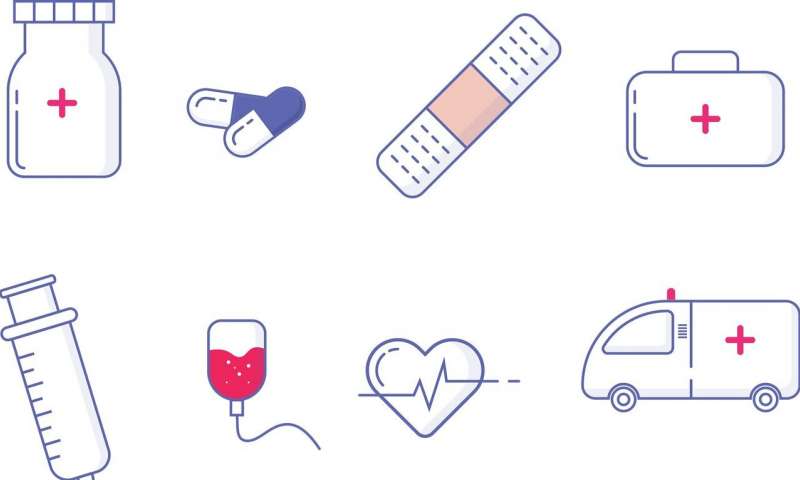Many factors, including need, affect healthcare use. Strategies geared to enhancing the provision and access to healthcare must consider the various mechanisms that contribute to healthcare need and use. Until now, the mechanism of violence and its impact on both health and healthcare use has not been investigated.
A new study from the University of Pennsylvania School of Nursing (Penn Nursing) is one of the first to examine the association between violence exposure and healthcare service utilization in Mexico. Results are published in the International Journal of Health Equity.
Widespread violence in Mexico can impact health through various channels. The study explores how violence relates to service utilization changes as a possible mechanism that may impact short- and long-term health. “Violence is a pervasive problem in developing nations such as Mexico and its consequences for service utilization are important to understand,” says Laura X. Vargas, Ph.D., MSW, MPA, Vice-Provost post-doctoral fellow at the Penn Injury Science Center at Penn Nursing and lead author of the study.
Given the prolonged period of escalating violence in Mexico, policymakers should consider whether broader investments in health prevention, primary care, and mental health might effectively buffer some of the long-term (perhaps costlier) impacts of violence on the health of society, the researchers suggest. “One way to do that, for example, is by making trauma-informed health services widely available at the primary care level to improve health outcomes in communities exposed to violence,” says Therese S. Richmond, Ph.D., RN, FAAN, Andrea B. Laporte Professor of Nursing and Associate Dean for Research & Innovation at Penn Nursing, one of the co-authors of the article.
University of Pennsylvania School of Nursing


